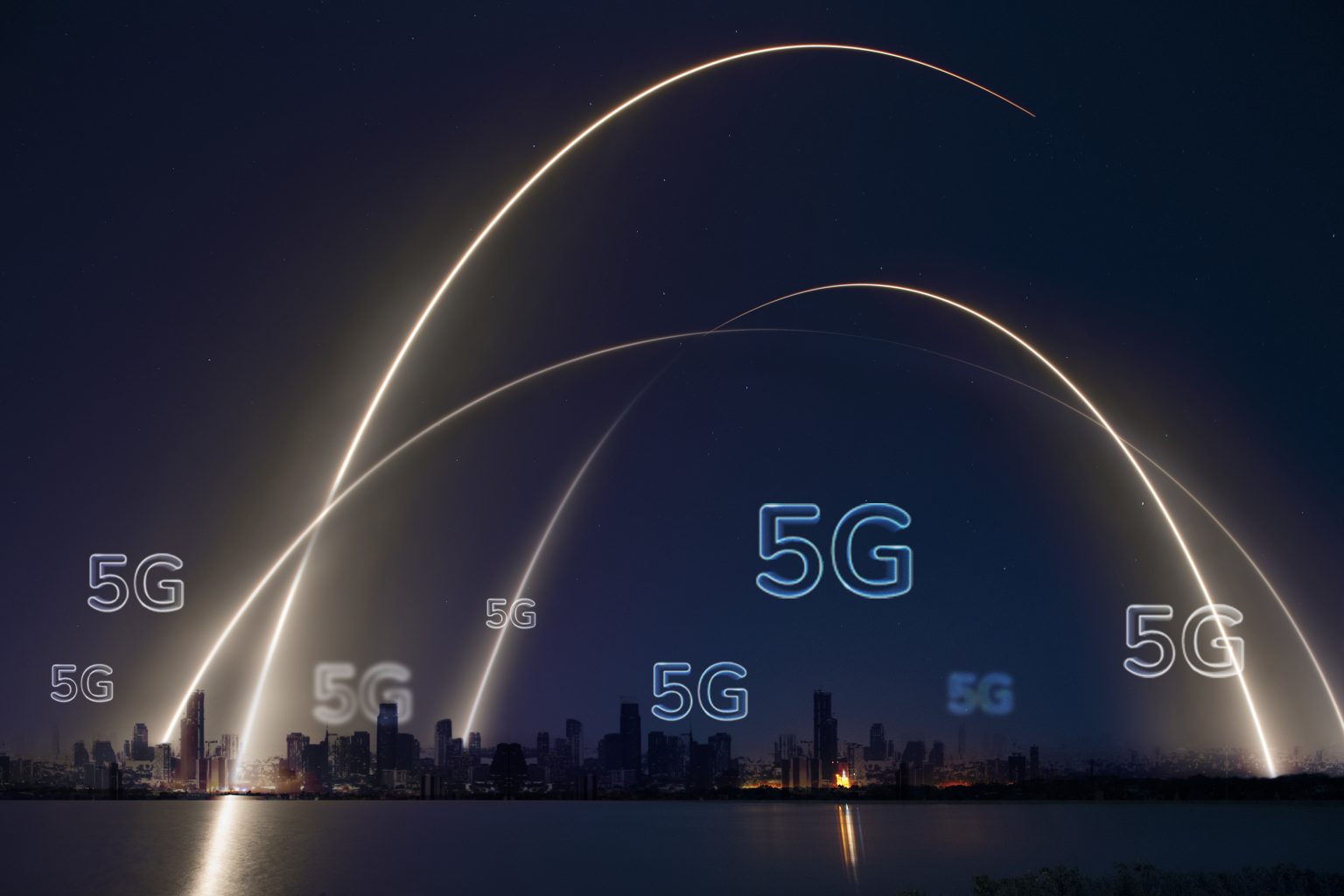5G Technology and Its Impact on Connectivity
5G technology is set to revolutionize connectivity, offering faster speeds, lower latency, and more reliable connections. This next-generation network will impact various sectors, from mobile communications to the Internet of Things (IoT), driving innovation and transforming how we interact with technology.
With 5G, download and upload speeds will dramatically increase, enabling seamless streaming, real-time data transfer, and enhanced user experiences. This will benefit applications such as virtual reality (VR) and augmented reality (AR), which require high bandwidth and low latency to function smoothly. Companies like Qualcomm and Ericsson are leading the charge in 5G development, developing the infrastructure and devices needed to support this new standard.
In the IoT domain, 5G will connect billions of devices, facilitating smart cities, autonomous vehicles, and advanced healthcare systems. Smart cities will benefit from real-time monitoring and control of infrastructure, such as traffic lights, energy grids, and public transportation, improving efficiency and reducing costs. Autonomous vehicles will rely on 5G for fast and reliable communication with other vehicles and infrastructure, enhancing safety and enabling more efficient traffic management.
Healthcare will also see significant improvements with 5G technology. Remote surgeries, real-time patient monitoring, and telemedicine will become more feasible, allowing doctors to provide better care regardless of location. Wearable devices and sensors can continuously monitor patients’ vital signs, alerting healthcare providers to any issues and enabling timely interventions.
5G’s impact will be profound, driving innovation and transforming how we live and work. As deployment continues, the benefits of 5G technology will become increasingly apparent, shaping the future of connectivity and enabling new possibilities for businesses and consumers alike.

